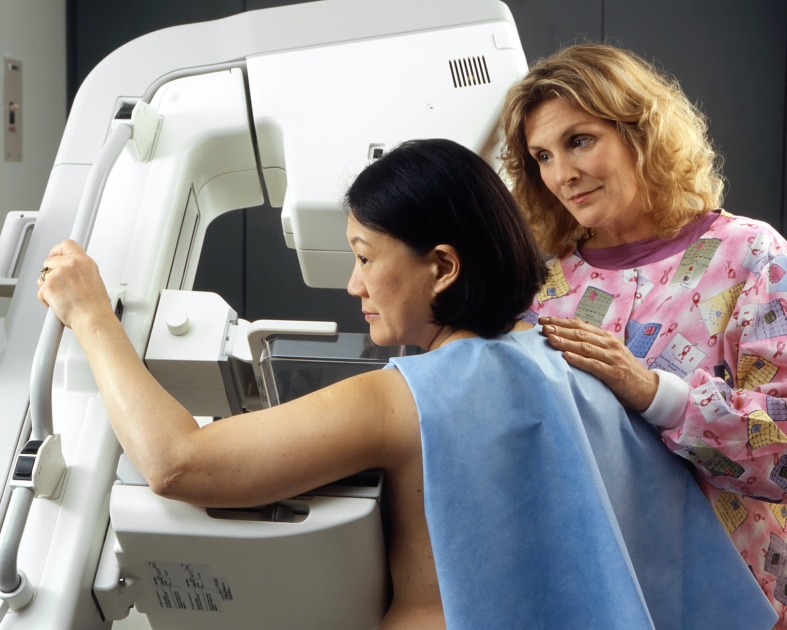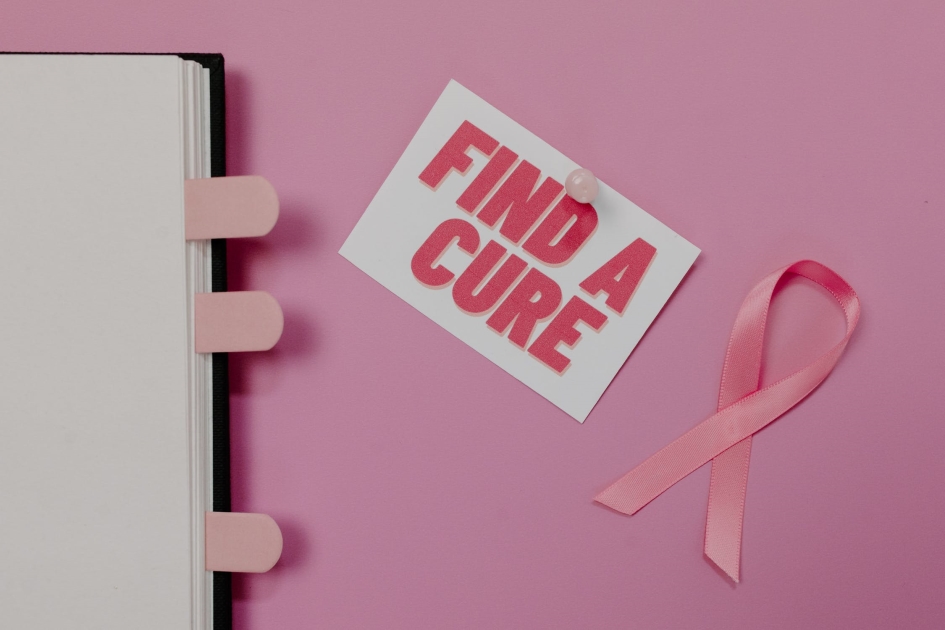October is Breast Cancer Awareness month, and with that we should be raising our awareness of long term effects associated with breast cancer treatment, surgery, and everyday life during remission and after recovery.


It is likely that most cancer survivors will need long term assistance at some point due to the toll that cancer and treatment takes on the human body and the long term effects that it may cause. Long-term care after recovering from cancer can include skilled nursing assistance, rehabilitation services, symptom management, and/or assisted living facilities.
It is important to look into long-term care assistance and facilities and know your options when in remission and/or recovering from breast cancer.

https://journals.lww.com/cancernursingonline/fulltext/2017/09000/when_cancer_care_becomes_a_long_term_care_issue_.1.aspx
If you have questions about long-term care coverage or how NPFBA can help serve you, feel free to reach out to us via our website, phone, email or schedule a zoom meeting and let’s grab some face time!




